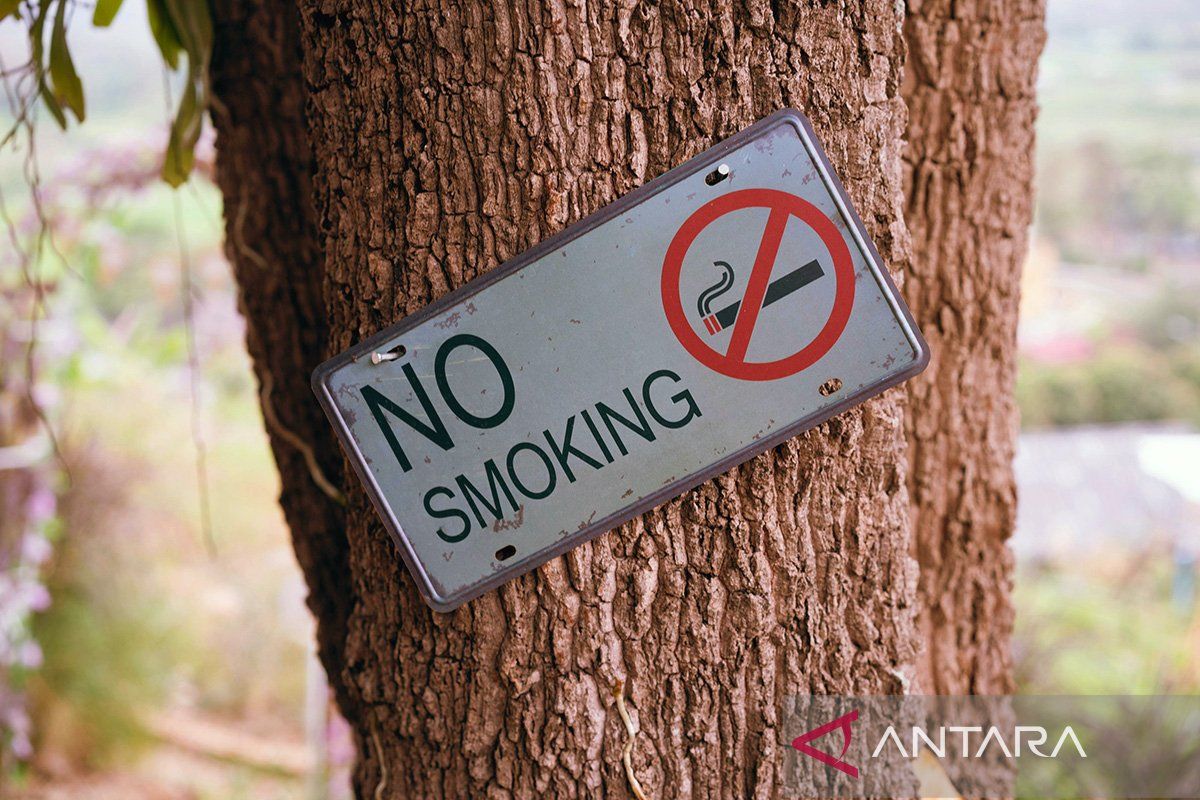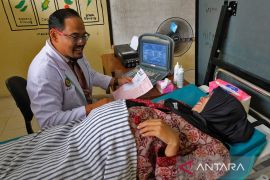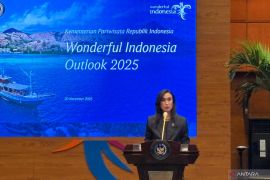However, the ministry's director for prevention and control of non-infectious diseases, Eva Susanti, stated here on Wednesday that the 7.4 percent prevalence is still higher than 7.2 percent reported in the 2013 Basic Health Survey and 5.4 percent targeted in the 2015-2019 National Long-Term Development Plan.
Moreover, Susanti drew attention to an increase in the use of electronic cigarettes, from 0.06 percent as reported by 2018 Riskesdas, to 0.13 percent as recorded by the 2023 SKI.
"Data from Global Adult Tobacco Survey showed that there is a significant increase (in the use) of electric cigarettes by 10 times, from 0.3 percent to 3.0 percent," she pointed out.
She also noted that some children switched from using conventional cigarettes to electronic ones.
She referred to the 2023 SKI, which showed that the largest age group in which children began smoking is 15-19 years, comprising 56.5 percent, followed by those in the age bracket of 10-14 years, constituting 18.4 percent.
Susanti also cited data from the 2019 Global Youth Tobacco Survey which showed an increasing prevalence among students, particularly in the age group of 13-15 years, to start smoking, which went from 18.3 percent in 2016 to 19.2 percent in 2019.
She opined that Indonesia faces a threat of an ever-growing number of active smokers due to the massive, attractive promotion of such products, particularly targeting teens. She drew attention to Indonesia's huge population that made it a good market for several products, including tobacco.
The director emphasized that the children must be educated, so they would understand that tobacco use is not cool but rather harmful. She pointed out that the younger they start smoking, the more addicted they get later on and the harder it will be for them to quit.
Hence, Susanti affirmed that the ministry has driven several efforts to prevent and stop youth from smoking, such as by banning tobacco products and e-cigarettes for children and pregnant women, as well as prohibiting their advertisements on social media platforms.
Moreover, she said, the government, through Law No. 17 of 2023 on Health, mandated regional governments to have designated smoke-free spaces, such as at schools, places of worship, and health facilities.
Susanti also drew attention to the free counseling and guidance service for those keen to quit smoking via the Quitline.INA number 08001776565.
She noted that some public health centers are also equipped to assist people experiencing nicotine withdrawal.
Related news: New strategies needed to control cigarette consumption: Ministry
Related news: Cigarettes are root cause of multidimensional problems: Ministry
Related news: 449 districts/cities have non-smoking regulations: ministry
Reporter: Mecca Yumna Ning Prisie
Editor: Azis Kurmala
Copyright © ANTARA 2024












